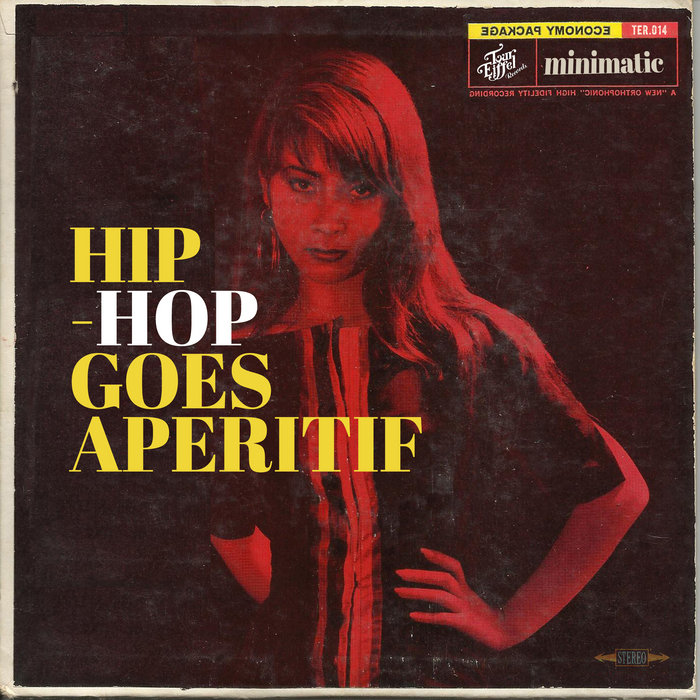
That Golden Bossa Hop – MINIMATIC
this blog is GROOVY – check out great Soul, Funk, Jazz, Hip Hop, Bass, Breaks , Reggae, House n many more TUNES
Hey there, funky souls! Let’s take a ride through the vibrant world of Nu Soul, where classic soul meets modern grooves. Strap on your dancing shoes as we shake it up with some rhythm and history!
Nu Soul, also known as Neo-Soul, is like that cool breeze on a hot summer day—smooth, refreshing, and oh-so-enjoyable. Emerging in the mid-1990s as an evolution of traditional soul music blended with elements of jazz, funk, hip-hop, and R&B; it brought forth a new era that celebrated individuality and authenticity.
Artists began to break away from mainstream conventions while emphasizing organic sounds. Think lush instrumentations paired with heartfelt lyrics—perfect for both chilling on the couch or grooving at the club.
You can trace the roots back to pioneers like Erykah Badu and D’Angelo who helped define this genre’s sound. Their albums from the 90s captured listeners’ hearts while breaking down barriers within urban music.
These artists paved the way for many newcomers who would soon join the ever-expanding family of Nu Soul.
The sound was rooted in legends like Marvin Gaye and Bill Withers but took its cues from contemporary hip-hop artists too. Producers such as J Dilla sprinkled their magic dust over tracks creating beats so infectious even your grandma might catch herself nodding along (and trust me; that’s quite something!).
As samples soared through soundscapes accompanied by jazzy chords or bouncy basslines—Nu Soul found itself often blending genres into an irresistible cocktail enjoyed by all ages.
Did you know? When Erykah Badu recorded her first album Baduizm, she initially didn’t plan to be an artist! She wanted to be a teacher! But after realizing how much fun she had making music—and perhaps being told “uhh girl…maybe stick to singing”—the rest is history!
Fast forward to early 2000s when more artists jumped onto this soulful bandwagon! From Lauryn Hill, whose lyrical prowess blew everyone away in The Miseducation of Lauryn Hill, to Maxwell’s sultry hits making hearts flutter—we had no shortage of groove-tastic tunes flooding our playlists.
Oh yeah! And let’s not forget about Pharrell Williams strutting his stuff both behind-the-scenes producing these gems AND stepping out front chasing dreams himself (like seriously—the man does it all!).
Here’s another zinger for ya: Maxwell once performed wearing only leather pants despite sweat warning signs everywhere during shows—it became part of his “mystique”! Who knew sweating could lead to such legendary stage presence?
And then there’s Jill Scott—a true queen among us mortals—who wowed audiences not just by her extraordinary voice but also by losing her shoe mid-performance one night…and still managing to rock it anyway!
As time rolled forward into recent years, shining stars emerged carrying those Neosoul vibes higher into new territories:
Artists like Anderson .Paak, known for mixing everything under sun—from throwback funk outfits (hello shiny suits) alongside cheeky lyrics—as well as H.E.R., SZA, have taken center stage today amplifying what makes nu-soul excitingly fresh yet deeply familiar all at once!
In essence? They are shaking things up without losing touch with original roots while inviting everybody else aboard this musical joyride together – isn’t it beautiful?!
Speaking about Anderson .Paak – he once played a set dressed entirely as a character straight outta “Wet Hot American Summer”! You’ve gotta love someone who embraces silly themes plus delivers amazing performances… #Iconic 😂
There you have it folks—the colorful saga behind nu-soul has come full circle illuminating how creativity knows no bounds across epochs past-present-future alike. This genre invites everyone under its warm embrace celebrating love life—and occasional shenanigans along way—that keeps us smiling long after tunes fade away 🎶✨
So whether you’re jamming out solo or sharing grooves amongst friends—they’re boundlessly enjoyable forevermore—inspiring musicians dreaming big hanging loose living life unapologetically authentic! Now go spread those good vibes around because nu-soul ain’t just sounds; it’s pure energy baby!! 🌈💖

That Golden Bossa Hop – MINIMATIC
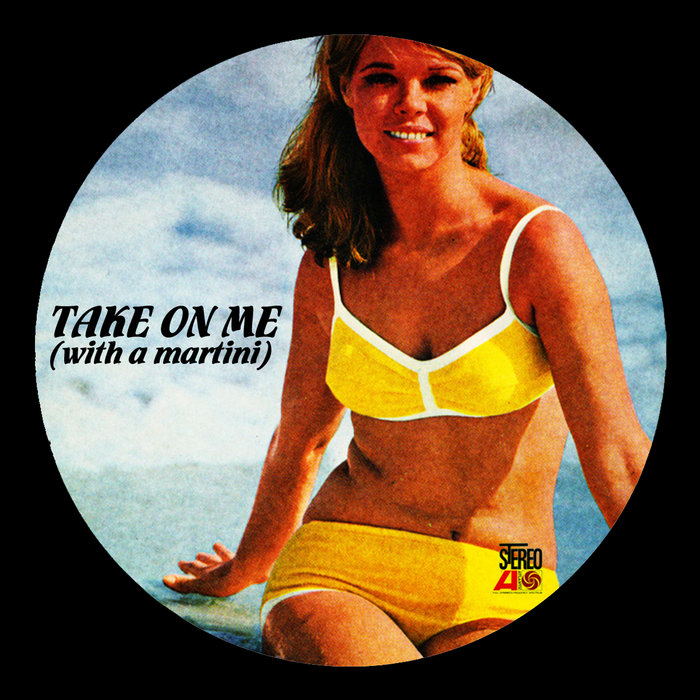
Take On Me (With A Martini) – MINIMATIC
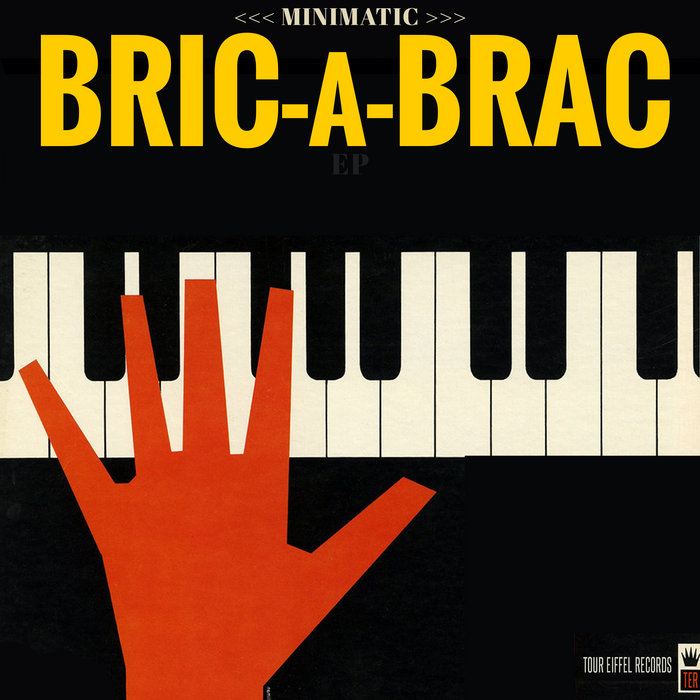
The Whistler – MINIMATIC
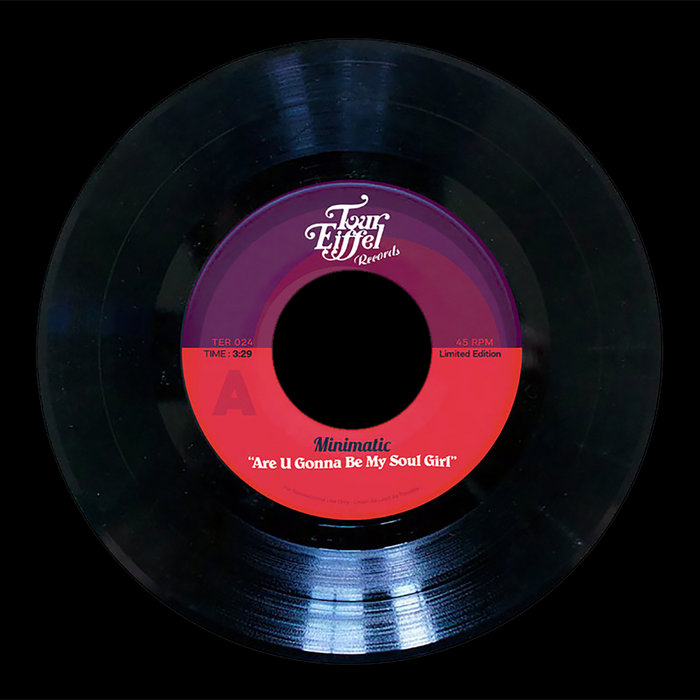
Are U Gonna Be My Soul Girl – MINIMATIC
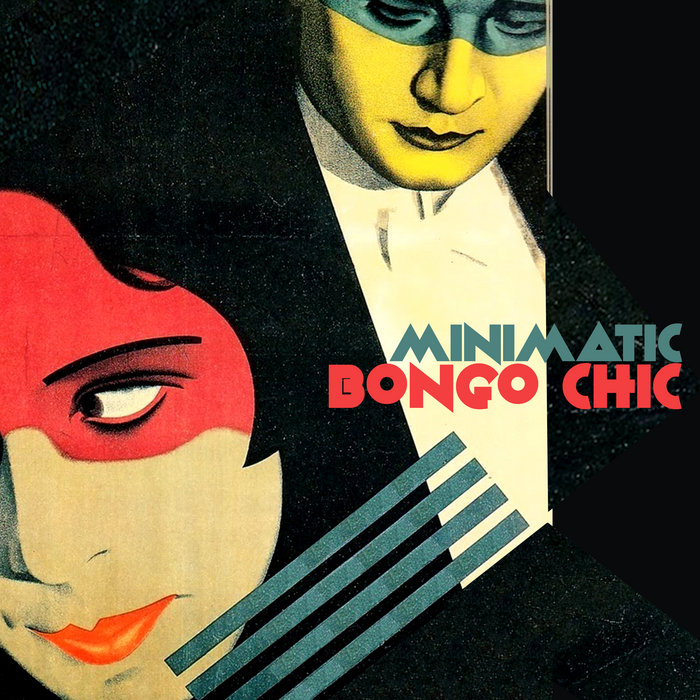
Bongo Craze – MINIMATIC